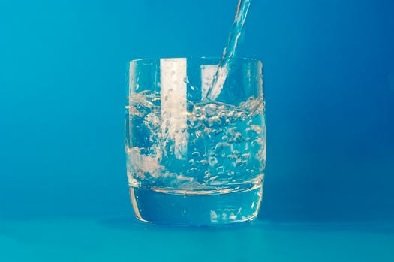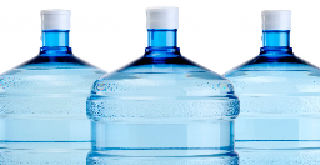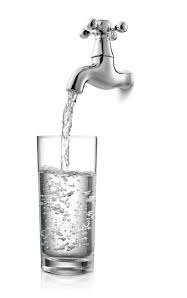Water is a major and vital constituent of the human body. The average adult’s body is about 60% water, whilst an infant’s is 75% and an elderly person’s 55%. Even a few days without water can be fatal. The roles of water in the body are wide and far-reaching and include body temperature regulation, participation in many biochemical reactions at cell level, the flushing away of waste products, lubrication of joints and the moistening of tissue, such as the eyes, nose and mouth. It is also the solvent for distributing nutrients and minerals throughout the body. General organ function is enhanced by the presence of water, which also helps the muscles (including the heart) work with less stress.

There is increasing evidence to suggest that mild dehydration can promote the development of many chronic diseases. These include:
• Exercise-induced asthma
• Urolithiasis
• Urinary tract infections
• Constipation
• Hypertension
• Fatal coronary heart disease
• Venous thromboembolism
• Cerebral infarct
• Bronchopulmonary disorders
• Hypertonic dehydration in infants
• Hyperglycaemia in diabetic ketoacidosis
Mild dehydration also impairs important aspects of cognitive function, including alertness, concentration and short term memory.
The regulation of water balance is a very precise and complex process. In a healthy adult, an imbalance of just 1% is corrected by the body within about a day. However, in young children and the elderly, regulation is not so efficient, making them far more susceptible to dehydration and its accompanying health complications.

The most common causes of dehydration are fever, heat exposure, excessive exercise, vomiting diarrhoea, and increased urination due to infection. Diseases such as diabetes can increase urine output, making diabetics more predisposed to dehydration. The symptoms of moderate dehydration include increased thirst, dry mouth, headache and dizziness. As the body becomes more dehydrated, the urine becomes darker in colour (deep yellow or amber) and this in itself may be a useful indicator of dehydration. Severe dehydration can quickly become very serious, if not life threatening, particularly in the very young and the elderly.
The exact water requirements of an adult are difficult to define, as there are many influencing factors. These include the climate in which we live and our level of physical activity etc. It is estimated that an average sedentary adult requires about a litre and a half of water per day. Mineral water is a preferable source of hydration compared to calorie-laden sweet drinks, beer, tea or coffee, which all may have diuretic effects, in addition to being associated with metabolic syndrome, fatty liver disease and obesity to name a few. Soup is also a good source of water, as are fruit and vegetables, which are generally high in water content. Despite some claims, there is only limited evidence to suggest that drinking water has a direct effect on weight. However water is known to aid the digestive process, and drinking water as a substitute for sugary or “diet” drinks, which are both associated at least with weight gain and adverse metabolic changes.

Thus the benefits of staying hydrated are clear - reduced risks of various health conditions, improved cognitive function, and the potential to aid weight loss if water is used as a substitute for other calorie-laden soft drinks. These positive effects may be most pronounced in those most susceptible to dehydration and care should therefore be taken in these populations when it comes to keeping topped up with enough water every day.